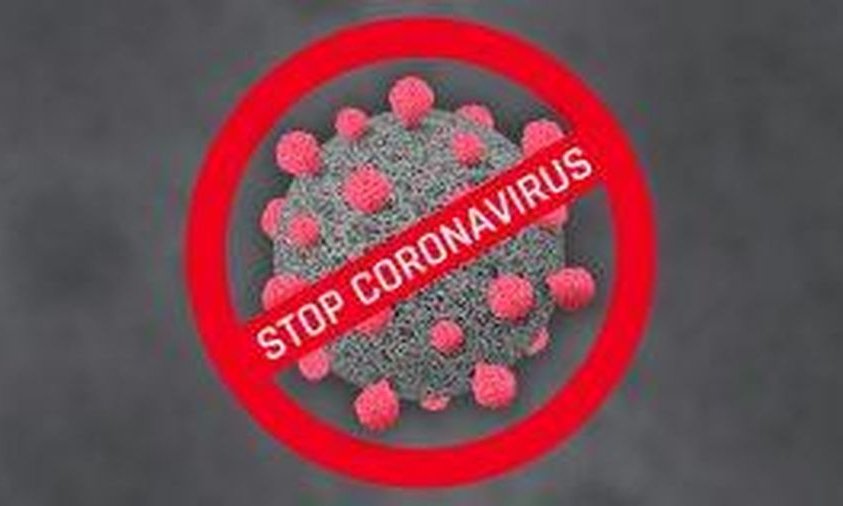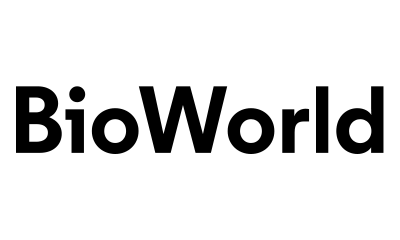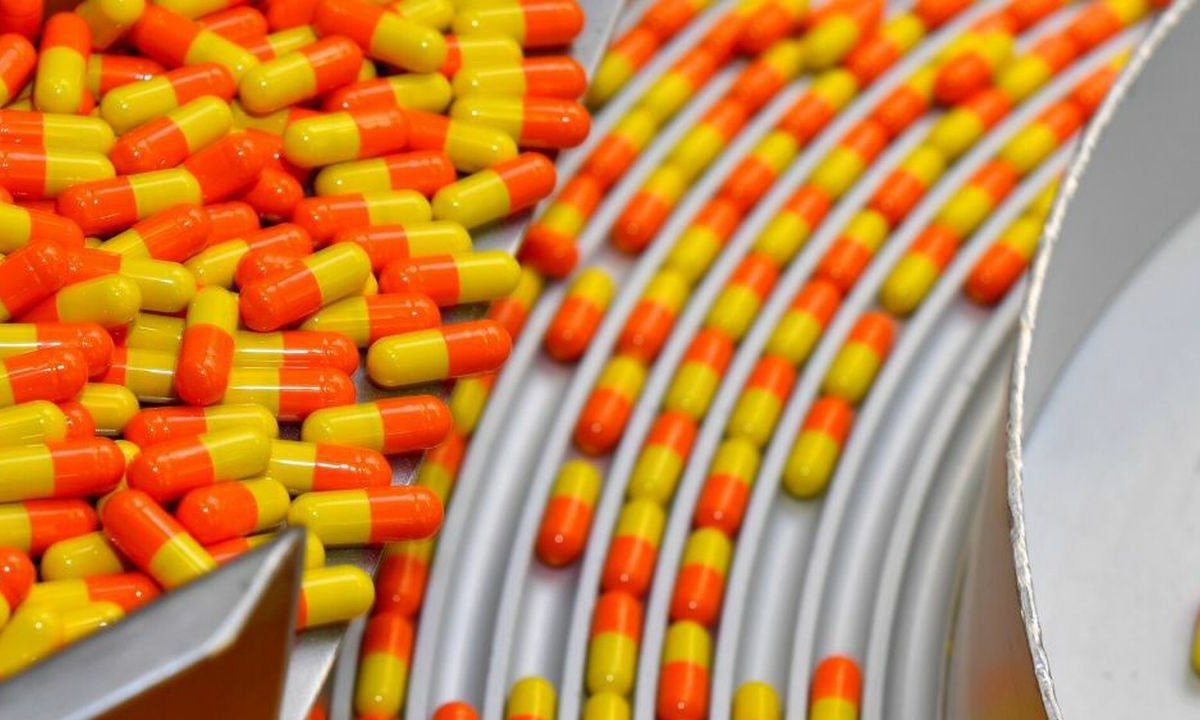

Investors Search for Promising Covid Cures
“We’re not here to tell you that we will cure Covid-19 today, but we are saying that we have a strong clinical and scientific rationale, and that means that ABX464 must be evaluated…in high-risk patients,” said Philippe Pouletty, M.D., Chairman of Abivax and CEO of Truffle Capital
The race to develop vaccines and treatments to build immunity to the novel coronavirus has professional investors tracking a wide range of hopeful therapies. Following the early bets of the smart-money crowd could be beneficial to the wallets of retail investors.
While the dizzying number of human trials for drug and treatment development make it difficult to accurately handicap the odds of success to commercialization, veteran biotech investors realize most attempts at drug development will fall short.
Nevertheless, identifying the publicly-traded companies with the most promising prospects for converting research and development initiatives into commercial remedies could pay off handsomely for shareholders. “Finding a cure for Covid-19 is the modern version of the search for the Holy Grail, but in this case there will be a satisfactory conclusion,” said John Maloney, chief investment officer of M&R Capital Management. “Between the development of vaccines and therapeutic drugs and other modalities, we will have several interesting options to solving the Covid riddle.”
According to Scott Gottlieb, a board member of Pfizer Inc. and former commissioner of the Food and Drug Administration, in a recent Op-Ed, “More than 70 companies and research teams are working on a vaccine (for Covid-19) …” There are more than 270 coronavirus drugs and vaccines in development worldwide, according to Umer Raffat, an analyst at Evercore ISI.
Among the leading companies in the race to bring a remedy to market are, Gilead Sciences, Johnson & Johnson, Pfizer, Inc., and Moderna Therapeutics.
Gilead’s (GILD) remdesivir, an anti-viral medicine, is among the drugs furthest along the path to development, according to Johns Hopkins University. Originally conceived, with little success, as a treatment for Ebola virus disease and Marburg virus infections, remdesivir was later discovered in animal studies to have promise in preventing and treating coronaviruses related to Covid-19, including SARS (Severe Acute Respiratory Syndrome) and MERS (Middle East Respiratory Syndrome).
And in late April, U.S. government researchers reported hospitalized Covid-19 patients had a speedier recovery taking remdesivir intravenously than a placebo group. This month, Gilead secured Food and Drug Administration approval to provide hospitals with the drug as an emergency-use medicine. Gilead expects to make over one million doses by the end of 2020, leading Wall Street to estimate the company will generate several billion dollars in additional annual revenues.
In early May, Pfizer Inc. (PFE) announced plans to commence U.S. testing for a coronavirus vaccine and is investing $500 million on research and development for the vaccine and another $150 million to prepare for manufacturing.
This week, Moderna Therapeutics (MRNA) announced successful Phase 1 clinical trial results for the vaccine candidate mRNA-1273. A Phase 2 study is expected to begin shortly, and the Phase 3 trials expected to start in July.
The shares of Moderna, a relatively small biotech located in Massachusetts, rose on Monday, closing at 80 following the news of the trial’s success. This small drug-maker is teaming up with Lonza Group AG (LONN.SW), a Swiss-based company, to manufacture the vaccine should it obtain regulatory approval. This vaccine was developed in record time because it is based on a relatively new genetic method that does not rely on large amounts of viruses. Instead, the vaccine is packed with mRNA, the genetic material that comes from DNA and makes proteins.
The Moderna vaccine will encode the right coronavirus proteins, which are injected into the body. The immune cells in the lymph nodes can process this mRNA and start making the protein in the right way for other immune cells to recognize and mark it for destruction. The idea of using the spike protein in a vaccine with messenger RNA (mRNA) is to train the patient’s immune system to produce antibodies to protect from infection.
On March 30, Johnson & Johnson (NYSE: JNJ) announced it expects to initiate human clinical studies of a lead vaccine candidate by no later than September and anticipates the first batches of a Covid-19 vaccine could be available for emergency use in early 2021.
J&J and the U.S. government are preparing to invest more than $1 billion to fund the vaccine research, development, and clinical testing. In addition, the company is expanding global manufacturing capacity.
While these four Covid-therapy standouts are on every biotech investor’s radar, two lesser known opportunities are worthy of investor consideration. One is Organicell Regenerative Medicine, Inc. (BPSR), a Florida-based company. Organicell recently received Food and Drug Administration approval to proceed with an investigational new drug (IND) study to test whether synthetically designed cells could help patients who developed a deadly immune reaction to the coronavirus.
Scheduled to commence immediately, the trial is the first randomized, placebo controlled, Phase 1/Phase 2 multi-center clinical trial investigating the safety and potential efficacy of Organicell Flow for Covid-19.
Importantly, Organicell has a successful track record of working with leading medical research centers on clinical trials. Previously, for instance, Organicell teamed up with the University of Miami to complete pre-clinical studies in therapeutic areas such as pediatric pulmonary disorder.
Earlier this week, Organicell announced the Food and Drug Administration has authorized two emergency compassionate-use investigational new drug applications, each for a single patient severely ill with Covid-19. These patients were first treated with Organicell Flow on May 14 at Landmark Hospital in Athens, GA.
Over the course of 12 years of research and clinical development, Organicell has developed novel and all-natural cell-derived nanoparticles that play a critical role in cell-to-cell communication. Containing rich levels of exosome, Organicell’s biological therapeutics are designed for treating degenerative diseases, and have been shown to promote tissue homeostasis and repair in animal studies. In fact, Organicell has linked the exosome miRNA composition to several disease pathways, highlighting a therapeutic potential for a broad array of conditions that can be safely translated to effective therapies.
Another below-the-radar biotech to most U.S. investors is Abivax (ABVX.PA), a French company with a therapeutic compound dubbed ABX464 that is being repurposed to combat the novel coronavirus.
Originally developed to treat severe inflammatory diseases, such as ulcerative colitis, the ABX464 compound prevented the replication of SARS-CoV-2, the coronavirus that causes Covid-19, in cells modeled after those found in human lungs, according to CEO Hartmut Ehrlich, M.D. As a result, this French company may hold the only compound capable of combining anti-viral properties with the ability to block inflammation and promote tissue healing.
While more than 2,000 trials relating to this coronavirus are now being conducted, according to the World Health Organization, the Abivax trial is the largest, with more than 1,000 participants expected to be treated with either ABX464 or a placebo.
“We’re not here to tell you that we will cure Covid-19 today, but we are saying that we have a strong clinical and scientific rationale, and that means that ABX464 must be evaluated…in high-risk patients,” said Philippe Pouletty, M.D., Chairman of Abivax and CEO of Truffle Capital, a major investor in the firm.
The tissue healing aspect of the compound is particularly important, given some of the long-term effects of Covid-19 in patients. “What they see in patients that actually survive is that they have not returned to normal lung function, largely because there is fibrosis in the lungs and the tissue doesn’t heal,” said Dr. Ehrlich. “Then patients have breathing problems even after they have successfully overcome the Covid infection.”
Abivax expects to have its first patient recruited by the end of May, and it could have high level results in November, according to Dr. Ehrlich. Assuming compelling data is realized, Abivax will submit the results to regulators in Europe, and eventually North America, for drug approval and licensing. If approved, the company could treat 50,000 patients with existing stock and could scale up to treat one million patients within months, according to Dr. Ehrlich.



